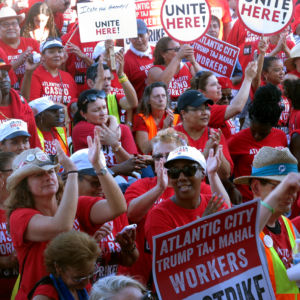

The Supreme Court has said that recording video in public places can be protected speech if the recorder – professional journalist or otherwise – has a message and an audience to receive it. Courts have recognized under the First Amendment that journalists can be left alone by the police, so long as they do not unreasonably interfere with or obstruct police activity or risk their own personal safety. The courts have generally stood behind journalists who act reasonably in trying to get information - but courts have not protected those who blatantly disregard police orders. Journalists aren’t guaranteed access that others aren’t, but they can be in public anywhere any of us can, with the same rights and restrictions. Journalists gather news by observing, talking to people, taking photos and recording videos. Newsgathering Reporting and photographing in public places Perspective: Supreme Court shouldn’t make it riskier to scrutinize prominent people What about student media?īecause of a 1988 Supreme Court decision, public elementary and secondary school officials generally have broad leeway to censor school-sponsored publications. Most journalists strive to exercise their freedom to publish in a responsible and ethical manner. A news organization similarly can be sued if it unlawfully invades a person’s privacy – like by trespassing on private property without the owner’s consent or harassing someone by continually following them. An outlet that publishes false information about a person, for example, can be sued for libel. This freedom, however, does not always protect them from liability.

Unless restricted by a valid prior restraint (which is rare), the news media are free to publish any information or opinion they want. This protection is key to press freedom because a primary role for the press is to hold government accountable, an impossible job if there’s a possibility or fear of censorship. Except in the most serious national security situations, they cannot be stopped from publishing, or prior restraint. They cannot be ordered to let government agencies or officials review reporting before it is published, a practice called prior review. News organizations are protected from government censorship. Because they are privately owned entities whose editors have control over content, they are free to promote whatever political, social or economic view they wish. They have a First Amendment right to refuse letters to the editor and ads.

News organizations can’t be forced to publish certain content – or prevented from publishing what they want, in most cases. The press can decide what to publish – and what not to publish What are the rights of and limits on the press?


 0 kommentar(er)
0 kommentar(er)
